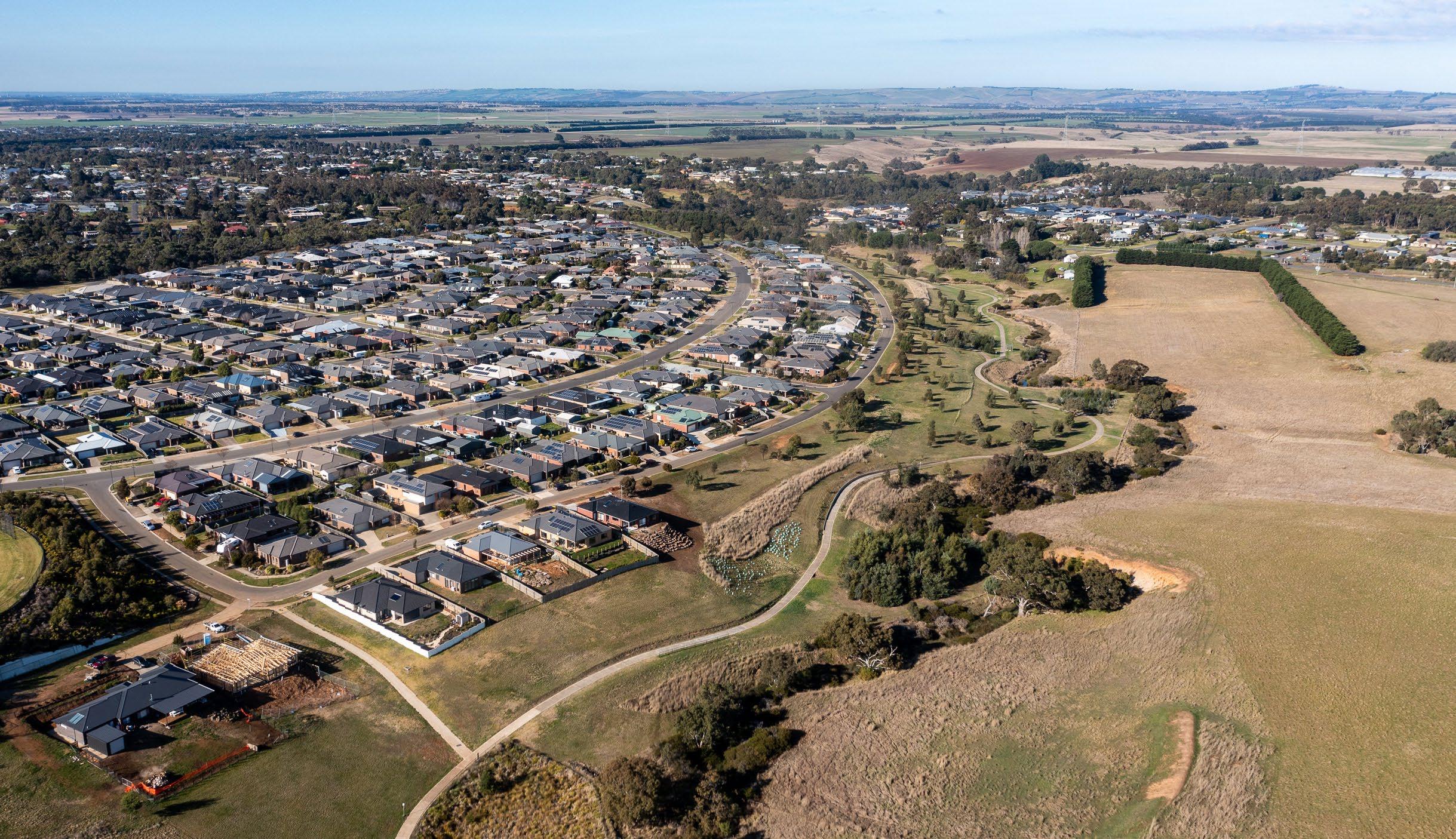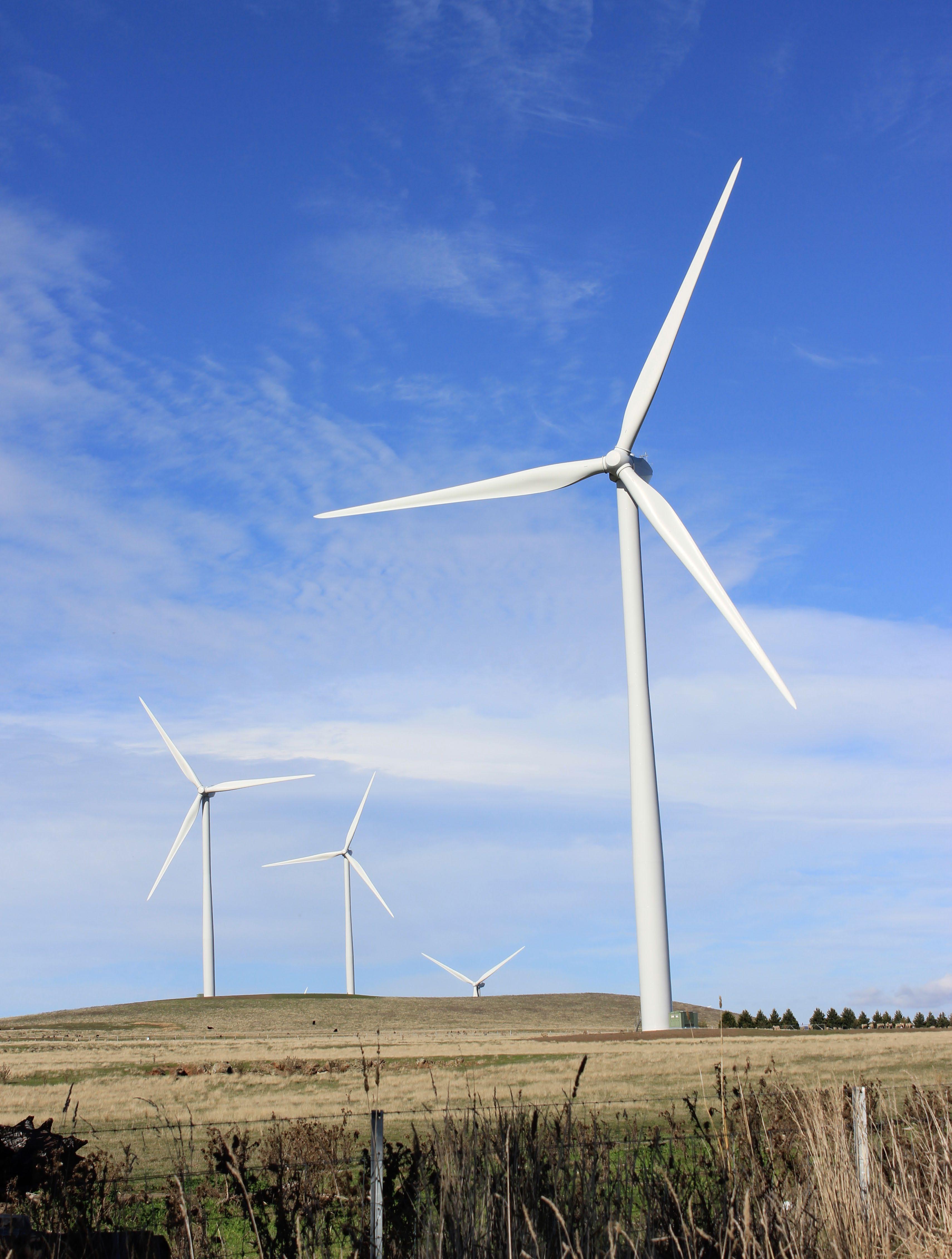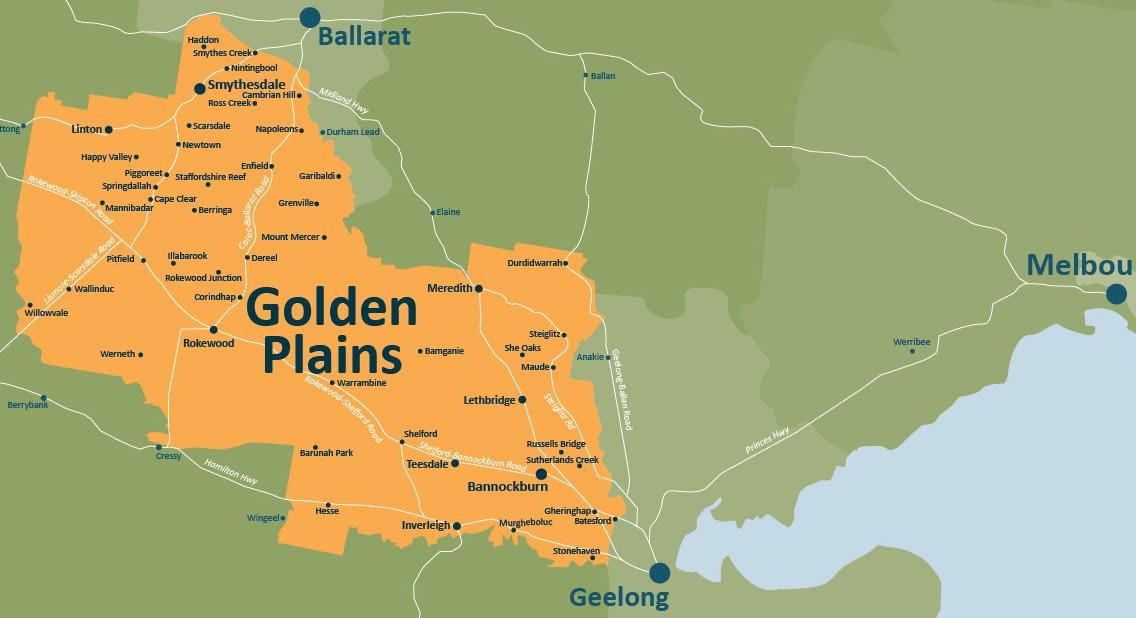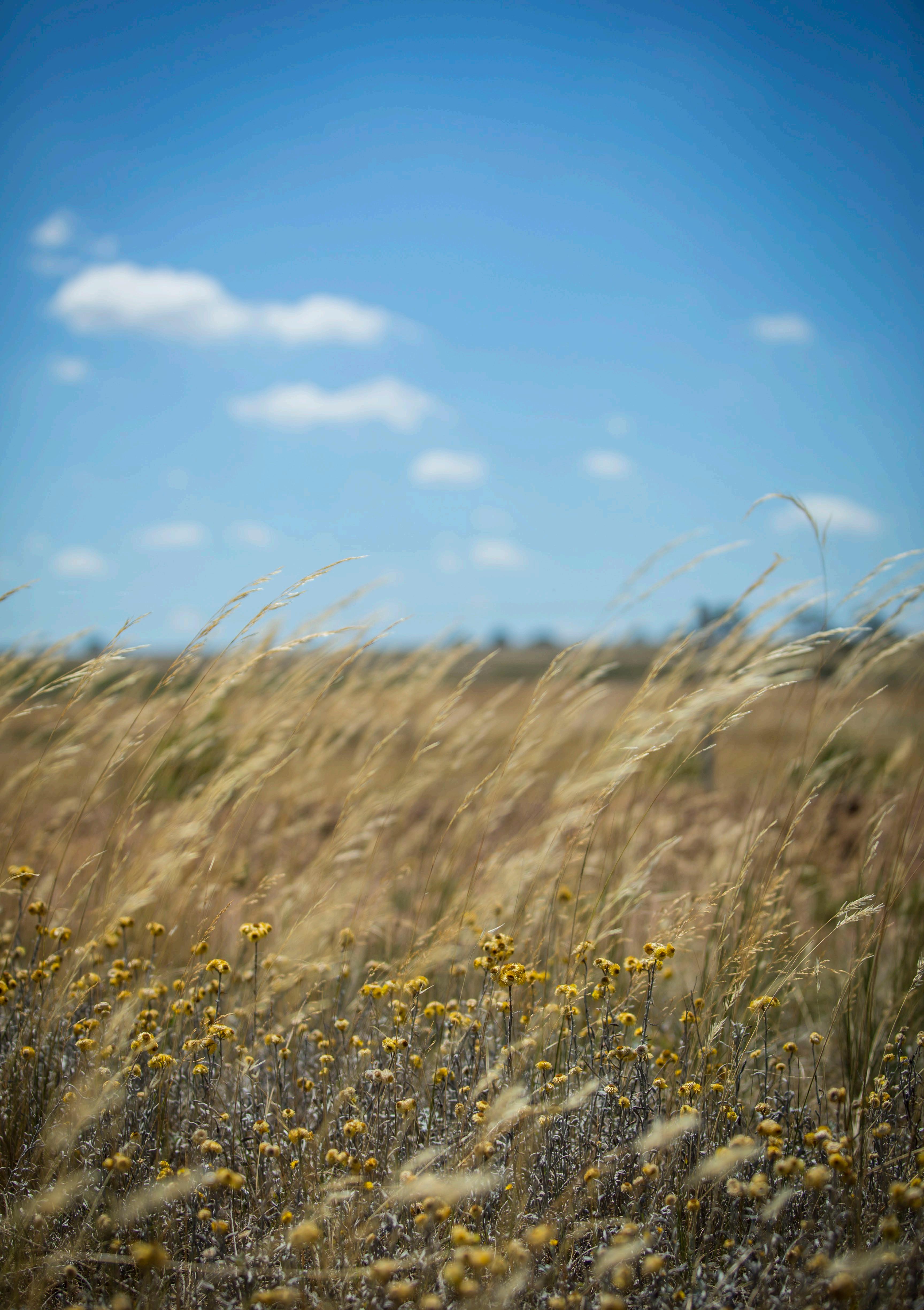
2 minute read
1. Introduction
Climate change is a pressing issue for local government that is already manifesting as a legal, social, economic and environmental risk. Local governments make decisions that span generations (e.g. roll-out of infrastructure, planning for future settlements) and as such need to be actively assessing and responding to the direct and indirect risks that climate change presents.
In July 2021, Golden Plains Shire Council (Council) declared a Climate Emergency, a resolution for immediate and urgent action to reverse global warming and adapt to changes that society cannot avoid. As part of this resolution, Council committed to preparing an Climate Emergency Plan (the Plan) to put the declaration’s words into actions. Without a Plan, any actions taken run the risk of being ad-hoc and limited through a lack of coordination with other work occurring in the Shire, across the state and beyond.
Advertisement
About this Plan
This Plan is supported by the Golden Plains Shire Council Plan 2021-2025, in which climate change is a recurring theme. Tackling climate change is part of the Golden Plains Community Vision 2040, as a key focus of the sustainability section and one of five health and wellbeing priorities. The Plan is also supported by Council’s Environment Strategy 2019-2027 whose Theme 4.2 (Climate change adaptation and mitigation) states that Council will aim to foster a community that understands the impacts of climate change, responds positively to future climate conditions and actively reduces their greenhouse emissions1 . To inform its response, Council relied on peer-reviewed science from the Commonwealth Science and Industrial Research Organisation, The Bureau of Meteorology and the Intergovernmental Panel on Climate Change (IPCC). Where local information is used, Council looked for published and peer-reviewed scientific data, government reports or guidelines, or data used by government authorities in decision-making. Projections from these sources suggest that temperatures will increase, along with more intense rainfall and storm events and the incidence of drought conditions. Average annual rainfall may decline and sea levels are likely to rise. This Plan also draws from the Wadawurrung and Eastern Maar Country Plans, which speak about each Registered Aboriginal Parties’ cultural knowledge, values and priorities. Council acknowledges their wealth of knowledge of the land, sky and waters, and their custodianship of the land for tens of thousands of years, and is committed to strengthening these partnerships and aligning our aspirations.
“Our Ancestors were the original scientists. A deep understanding of the earth, the seasons and how we interact with them guided how we used to live. They knew how to use plants for tucker, medicine and materials; how to manage Country so that it would provide for them year after year; how to build tools and weapons and canoes.”
- Eastern Maar Country Plan (2015), page 37
The Country Plans are available to view:
1. Wadawurrung Healthy Country Plan, Paleert Tjaara Dja - Let’s Make Country Good
Together 2020-2030 2. Eastern Maar Country Plan, Meerreengeeye Ngakeepoorryeeyt 2015
While Council acknowledges its role in managing some of the impacts of climate change, the most effective climate change adaptation requires a shared response from all levels of government, stakeholders and community. Hence, the Plan outlines actions that are within Council’s control, including collaborating with the community, relevant organisations and Traditional Owner groups to develop and deliver actions that will help to manage common climate change risks that will impact everyone.
1Golden Plains Shire Council Environment Strategy (2017-2027)






